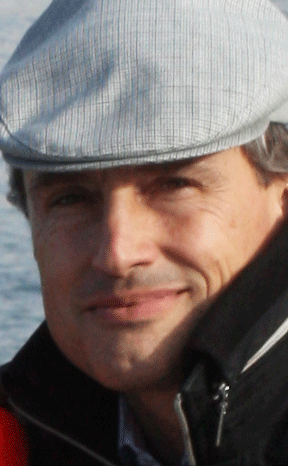Keynote Speaker
 |
Prof. Jürgen SchmidhuberSince age 15 or so, the main scientific ambition of professor Jürgen Schmidhuber (pronounce: You_again Shmidhoobuh) has been to build an optimal scientist through self-improving Artificial Intelligence (AI), then retire. He has pioneered self-improving general problem solvers since 1987, and Deep Learning Neural Networks (NNs) since 1991. The recurrent NNs (RNNs) developed by his research groups at the Swiss AI Lab IDSIA & USI & SUPSI & TU Munich were the first RNNs to win official international contests. They have revolutionized connected handwriting recognition, speech recognition, machine translation, optical character recognition, image caption generation, and are now in use at Google, Microsoft, IBM, Baidu, and many other companies. IDSIA's Deep Learners were also the first to win object detection and image segmentation contests, and achieved the world's first superhuman visual classification results, winning nine international competitions in machine learning & pattern recognition (more than any other team). They also were the first to learn control policies directly from high-dimensional sensory input using reinforcement learning. His research group also established the field of mathematically rigorous universal AI and optimal universal problem solvers. His formal theory of creativity & curiosity & fun explains art, science, music, and humor. He also generalized algorithmic information theory and the many-worlds theory of physics, and introduced the concept of Low-Complexity Art, the information age's extreme form of minimal art. Since 2009 he has been member of the European Academy of Sciences and Arts. He has published 333 peer-reviewed papers, earned seven best paper/best video awards, and is recipient of the 2013 Helmholtz Award of the International Neural Networks Society. |